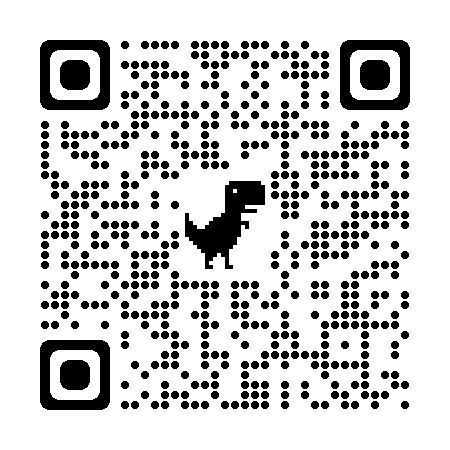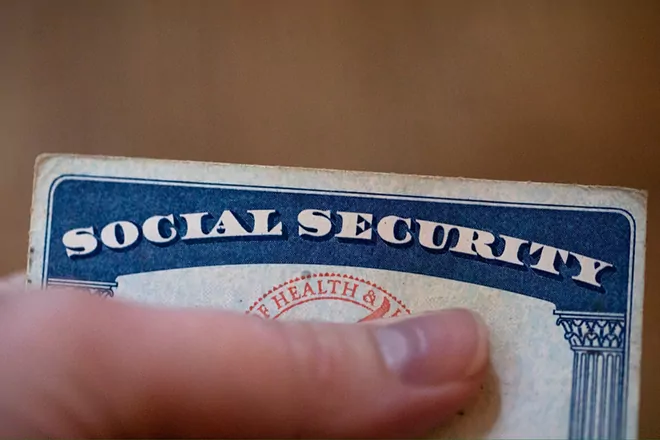
(originally published April 2024)
What is SSI
Supplemental Security Income (SSI) is a government program that provides monthly benefits (monetary payments and insurance) to people with disabilities or who are over 65 with limited or no income to help them meet their basic needs, like food and shelter. SSI is a federal program, but the states administer it. States have the option of providing additional funds and/or automatic health insurance through Medicaid. To qualify, the person applying must have limited income and resources and meet the government’s definition of disabled.
In 2021, the Social Security Office of Retirement and Disability Policy reported 7.7 million people receive SSI. Of the 7.7 million recipients, 1.1 million are blind/disabled. People who have a qualifying disability for SSI must also prove they do not have resources or assets (with some exceptions) over $2000. When determining someone’s income and resources, the Social Security Administration (SSA) examines if the person receives In-Kind Support and Maintenance (ISM). This means that if an applicant receives housing or food from another person without paying their fair share, SSA considers it as income and could reduce or eliminate their SSI.
Policy Change
SSA recently announced there would be a policy change beginning September 30, 2024. After this date, the agency would not include food as an ISM. So, a recipient could receive food from an agency, parent, or friend and it will not affect their benefits. I applaud SSA for continuing to examine their policies and procedures.
Disability advocates have welcomed the new rule. But does this significantly help anyone? As of January 2022, 793,000 SSI recipients had benefits reduced (not lost) because of ISM help with food or shelter. That’s about 10% of the recipients, sort of. That number would be significant, except 793,000 people with reduced benefits didn’t happen all at one time. They spread this out over years.
The Real Problem
And, who really believes the loss of benefits is due to providing someone with a meal? I believe the reduction in benefits is overwhelmingly because of housing support. Often, a parent allows their autistic adult child to live in their home rent-free or a family friend allows them to live in a guest room for a reduced rate. This is the ISM that Social Security can catch. And it’s often necessary because SSI cash payments are not enough for someone to support themselves. SSI benefits are about three-fourths of the poverty line. Recipients need help from family, friends, and agencies to survive.
So, I applaud SSA for moving in the right direction. But if we truly want to help SSI recipients live independent lives, Congress must make impactful policy changes. Congress has not changed the income limit of $2000 since 1972. If Congress adjusted the amount for inflation, it would be almost five times this amount. Congress must consider legislation like SSI Savings Penalty Elimination Act (to update asset limits) and SSI Restoration Act (to create reforms to SSI) and making the application process less complicated.
SSI recipients deserve the ability to save money to cover an emergency. They deserve the opportunity to be gainfully employed and not have to worry about losing assistance. They deserve the dignity of assistance that allows them to live independently.
If you want more information on SSI and how to help secure your child’s government benefits, check out my book Planning for the Future: Protecting a Loved One with a Disability.


